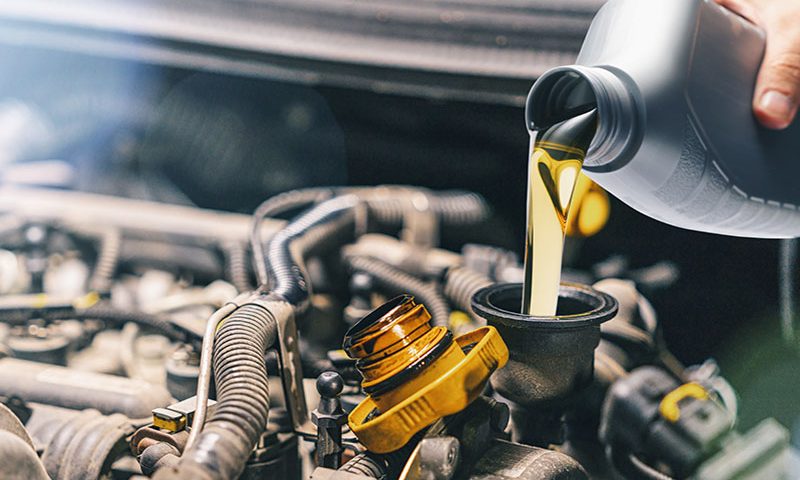Is your car roadworthy?

How often do you check your brake fluid? Come on, be totally honest…
Making sure your car is roadworthy and keeping on top of your car’s essential maintenance can seem like a chore. But letting things slip could end up costing you in more than just repair bills.
Fines for broken brake lights hold a fixed penalty of £60 and three points on your licence, while illegal tyres could see you fined as much as £2,500 and three penalty points.
Top 10 checks to keep your car roadworthy
1. Check your tyres
Many drivers won’t think to check their tyres unless they suspect there’s a problem. But your tyres could well be illegal without you even realising.
Read your car’s user manual to find out what pressure your tyres should be and check them regularly. The legal limit for tyre treat is 1.6mm, however anything under 3mm is generally considered to be unsafe.
2. Test the lights
Headlights, brake lights, fog lights and indicators should all be working when you set out, especially in the dark. Driving without all your lights working correctly is dangerous and could
get you pulled over. It’s a good idea to keep spare bulbs in your car in case of emergencies.
3. Secure your seatbelts
If your car was made with seatbelts, you must use them. This means that if for any reason one of the seatbelts in your vehicle isn’t working, you can’t legally drive with someone in that seat.
Children under the age of 12 or less than 135cm tall must be sat in an appropriate car seat.
4. Top up the oil
Failing to keep on top of your oil level could lead to expensive internal damage. Some cars have electronic metres to show when your oil level is low, but for many cars you will have to look under the bonnet and check the dipstick.
Make sure you have the right type of oil for your car and ideally check it every few weeks.
5. Top up the coolant and brake fluid
While you’re topping up the oil, it’s a good idea to check your car’s brake fluid and coolant. Both are easy enough to find under the bonnet and should have MIN/MAX marks to indicate the correct levels.
You should be able to buy both of these essentials from your local garage.
6. Test your wipers
Wipers are integral to wet weather driving, and for clearing obstructions from your windscreen.
If yours are looking cracked or misshapen in any way, it’s time to replace the blades. You should expect to replace your wiper blades every 6 to 12 months. You can buy replacement blades from your local garage.
7. Check your mirror
To drive safely and legally on UK roads, you must have at least one interior and one offside mirror. If the rear-view mirror is damaged or obscured, you must have both side mirrors.
All mirrors should be in a position that enable the driver to clearly see the road behind them.
8. Look up any warning lights
If a warning light comes up on your dashboard, it’s important to identify the problem. The meaning of all your car’s warning lights will be explained in your vehicle manual.
Failing to get a problem fixed could lead to potentially dangerous complications, or even cause your car to fail its MOT.
9. Check your exhaust emissions
With new exhaust emissions guidelines already in place in London, it’s more important than ever to know whether your car meets exhaust emission standards.
If not, you’ll need to pay the congestion charge to drive in most of Greater London. You can check your car’s emissions rating on the Transport for London (TfL) website.
10. Check your plates
You could be fined up to £1,000 if your car’s registration is not displayed correctly.
If your number plate becomes detached, it’s essential to ensure that the registration is still clearly visible from both the front and rear of the vehicle and that you get it fixed or replaced as soon as possible.
Dirty number plates could also make your vehicle illegal to drive if the registration number is not clearly displayed.
So there you have it, everything you need to know to ensure your car is roadworthy, but did you know that 12.5 million vehicles in the UK missed their servicing during the pandemic?


